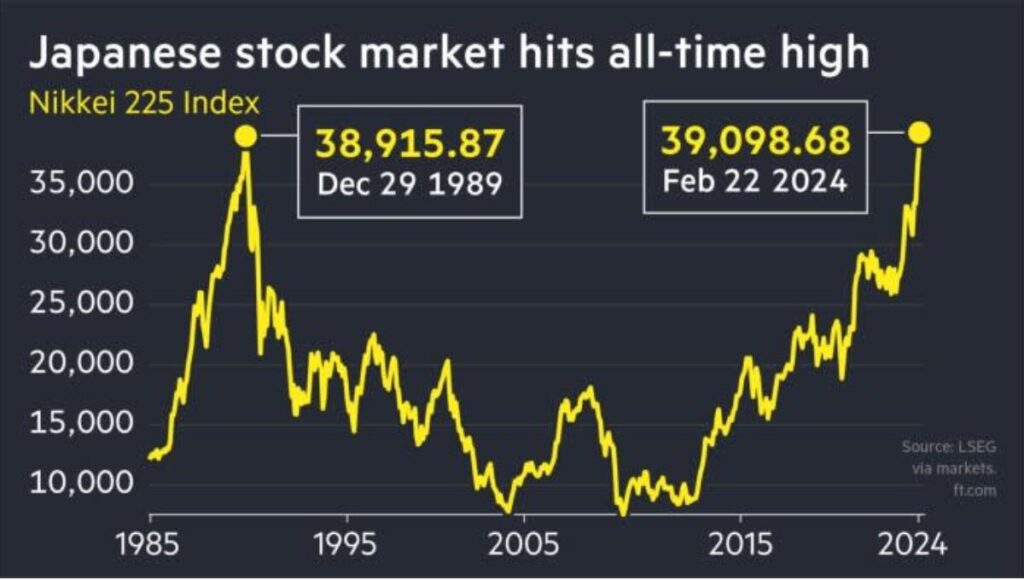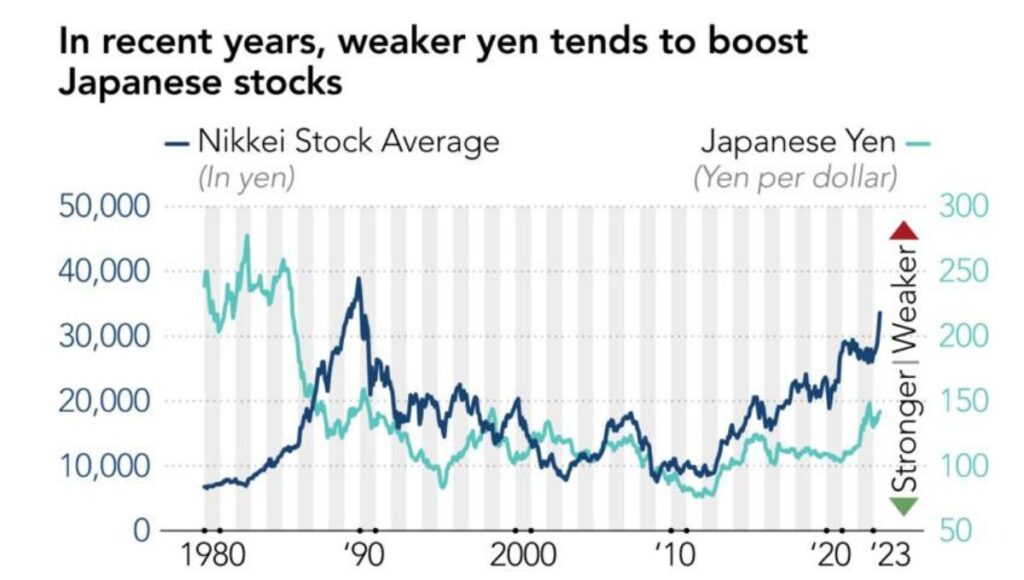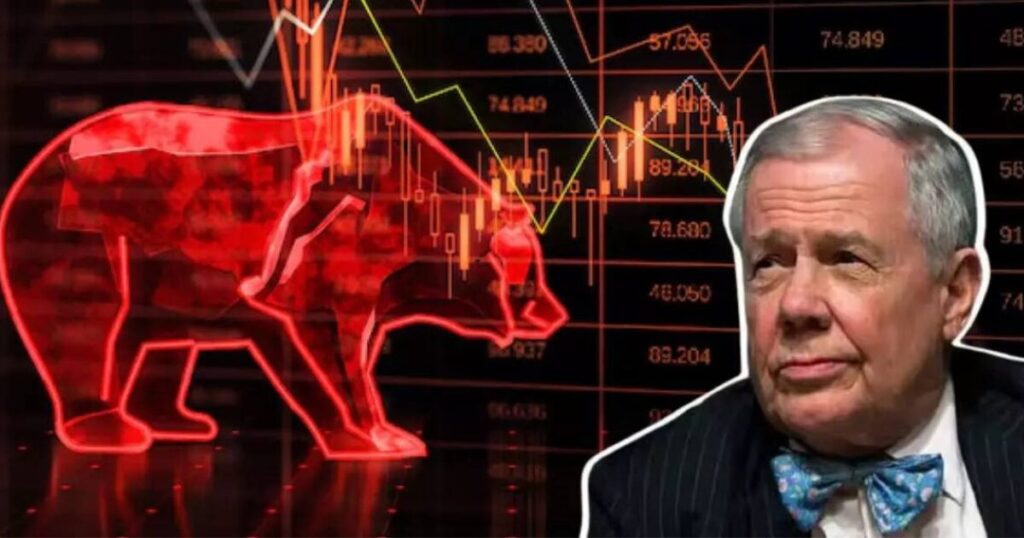The Japan stock market experienced a significant crash on Monday, with the Nikkei Index suffering a major decline as part of a broader global sell-off. The sharp drop comes in the wake of disappointing jobs data from the United States, which has exacerbated fears of an economic slowdown. This article delves into the factors contributing to the crash, its impact on the Nikkei Index, and the broader implications for global markets.
Nikkei Index Crash: An Overview

On Monday, the Nikkei 225 Index, Japan benchmark stock market index, plummeted by [specific percentage or point drop], marking one of its steepest declines in recent months. The crash reflects a broader trend of market instability affecting global equities, triggered by weaker-than-expected US jobs data released last Friday.
Factors Behind the Nikkei Index Drop
- Weak US Jobs Data: The US Labor Department reported disappointing jobs figures, which revealed slower job growth and lower-than-expected employment numbers. This data raised concerns about a potential economic slowdown, prompting investors worldwide to reassess their risk exposure.
- Global Market Sentiment: The negative sentiment from the US market has spread to global equities, including Japan. Investors are increasingly wary of economic uncertainties, leading to a sell-off in major stock indices across Asia and beyond.
- Economic Concerns in Japan: Japan’s economic indicators have shown signs of weakening growth, with recent data highlighting slow industrial production and consumer spending. The market crash has been exacerbated by these ongoing economic concerns.
Impact on the Nikkei Index
The Nikkei 225 Index, a barometer of Japan’s economic health, is heavily influenced by global market trends and domestic economic performance. The recent crash has significantly impacted investor confidence, with many investors retreating from Japanese equities in response to the global sell-off.
Market Reactions and Investor Sentiment

- Investor Panic: The sharp decline in the Nikkei Index has led to increased volatility in the Japanese stock market. Many investors are reacting with panic selling, further driving down stock prices and exacerbating market instability.
- Corporate Impact: Japanese companies listed on the Nikkei Index are feeling the effects of the market crash. Major corporations, especially those with significant international exposure, are facing declining stock values, which could impact their financial performance and future investments.
Global Implications
- Spread of Volatility: The crash in the Japan stock market is part of a broader global trend, with major indices in the US, Europe, and Asia experiencing similar declines. The interconnectedness of global markets means that investor sentiment and economic data from one region can have far-reaching effects on others.
- Economic Uncertainty: The global sell-off highlights increasing concerns about economic growth and stability. Investors are closely monitoring economic indicators and central bank policies for signs of intervention or support measures.
Government and Central Bank Responses
- Government Reactions: The Japanese government has yet to announce specific measures in response to the stock market crash. However, officials are likely to monitor the situation closely and consider policy adjustments to stabilize the economy and restore investor confidence.
- Central Bank Measures: The Bank of Japan may also take actions to mitigate the impact of the market crash. Potential measures could include adjustments to monetary policy or liquidity support to ensure financial stability.
Conclusion Japan Stock Market
The dramatic crash of the Nikkei Index and the broader decline in global equities underscore the fragile state of the current economic environment. As investors grapple with uncertainty and economic data from major economies, the outlook for global markets remains uncertain. Monitoring developments and responses from policymakers will be crucial in assessing the potential for market stabilization and recovery in the coming weeks.



